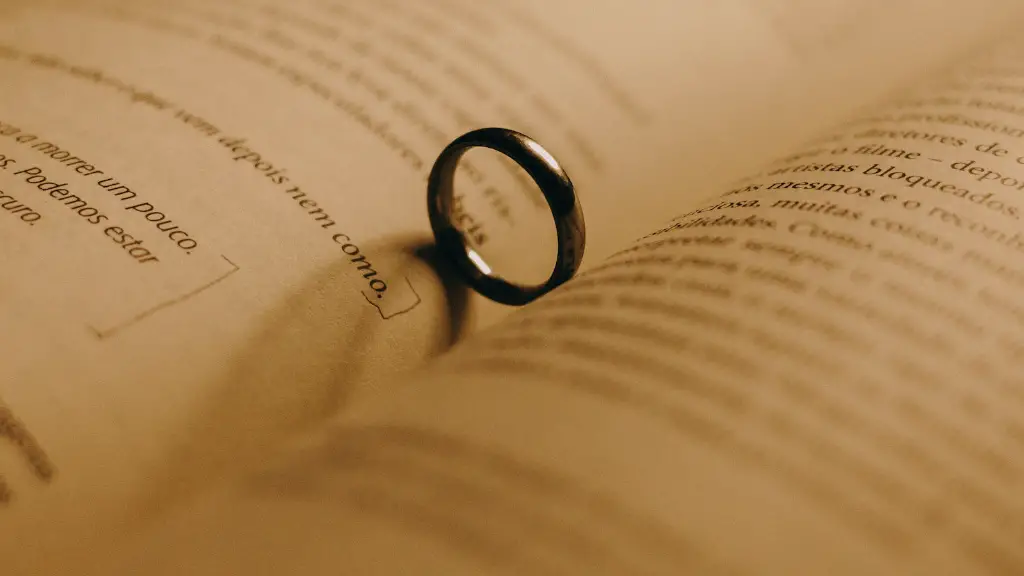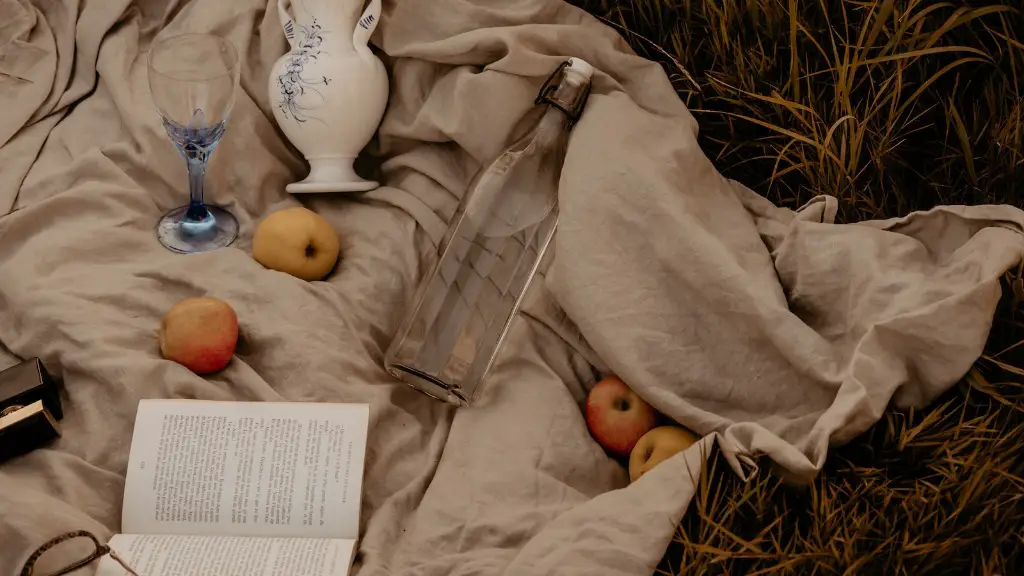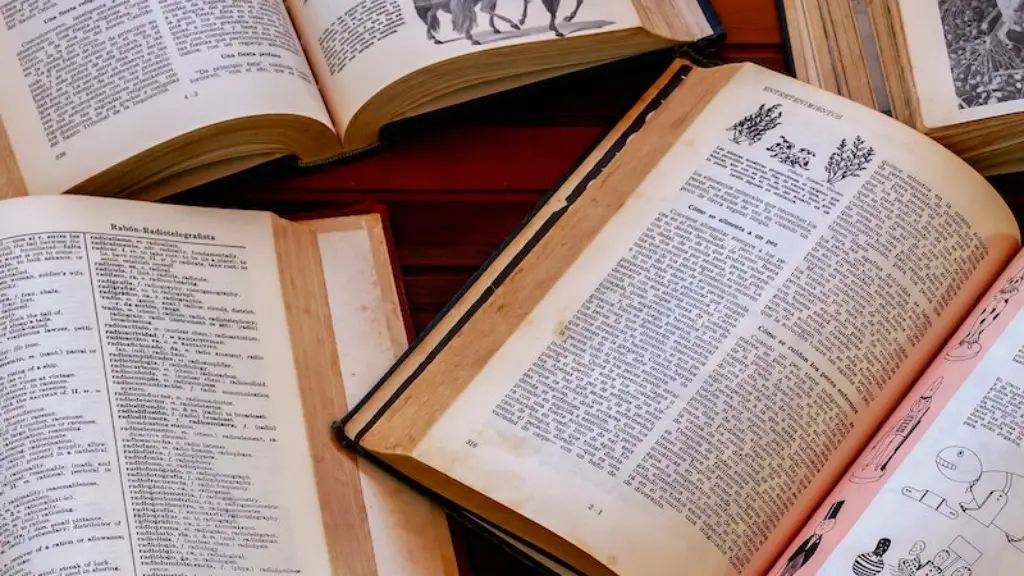Overview of A Defence of Poetry and Other Essays
A Defence of Poetry and Other Essays by Percy Bysshe Shelley is a collection of essays that explore the importance of poetry, lyrical expression and the power of imagination. Shelley wrote the collection during a period of intense creativity while living in Italy in the early 1800s; it was eventually published in 1840 after many years of work on the project. The collection includes ‘A Defence of Poetry’ in which Shelley argues the intrinsic value of poetry and its role in the creative process. Other essays explore the philosophical significance of ‘Nature’, the power of imagination and the implications of social justice.
Argument for Poetic Expression
In ‘A Defence of Poetry’, Shelley puts forward an argument for the value of poetry and lyrical expression. He posits that ‘poetry is the record of the best and happiest moments of the happiest and best minds’ and the imagination is ‘the living power and prime agent of all human perception.’ He suggests that ‘sensation and reflection are the two sources of all our knowledge’ and goes on to argue that ‘the champion and altar of truth could be only that poetic creation which expresses much in little.’ Shelley puts forward the idea that poetry adds great value to the creative process and that without it, nothing of value can be created or recorded.
This line of reasoning has been echoed and extended by many writers, including American philosopher John Dewey who suggested that ‘without the feelings aroused by a creative act, no choice, no discrimination, no behavior can exist.’ Poetry, he suggested, ‘serves both to refresh and to complete, to enliven and to define what the mind knows and feels.’ Poetic expression provides a powerful way to express emotions, ideas and insights and can enable us to explore new ways of thinking and being in the world.
The Power of Imagination
Shelley also argues for the power of imagination in his essays. He suggests that ‘the imagination can bring about matters which are impossible and unconsidered’ and ‘the power of reason is the power of arranging and combining according to the laws of consistent truth’. He goes on to suggest that ‘imagination gives the pieces of facts a form and a significance and this stirs our feelings and affords us lasting pleasure’. In this way, the imagination and reason are complementary, working together to create something new and unique.
This sentiment is echoed in the works of psychoanalyst Carl Jung who suggested that ‘the balance between the conscious and the unconscious is the very essence of life’ and both poetic expression and imaginative thinking are essential components of this balance. He also suggested that ‘imagination is not merely a set of cognitive operations but essentially a process of activity suitable for producing something new.’ Imagination, therefore, is a powerful force that can unlock our full potential, from the mundane to the extraordinary.
Implications for Social Justice
Shelley also explores the implications of poetry for social justice in his essays. He suggests that ‘poetry enlarges the perception of beauty, and enhances our capacity to take joy in it.’ This, he argues, can be used to challenge conventional values and beliefs and, as such, it has the potential to bring about social change. He also argues that poets should use their gifts responsibly and passionately in order to challenge oppression, inequality and injustice. In this way, poetry can serve as an effective force for social justice and progress.
This idea has been explored by artists such as Emma Brisbourne in her work ‘The Voice of My People’. In this work, she explores the potential of poetry and music to act as a voice for the voiceless, providing space for people to express themselves and their experiences, and enabling them to participate more fully in public debates on issues that directly affect their lives.
Contemporary Relevance
Shelley’s ideas about the power of poetry and the imagination are as relevant today as when he first wrote about them in the early 1800s. Writers, artists and thinkers are still using the power of poetry to challenge social norms and express powerful insights. Protest songs, spoken word and rap are just some of the ways in which people are expressing their experiences, opinions and emotions in a creative and powerful way. This type of work continues to have a significant impact on our culture and can be used to bring about positive social change.
Aesthetics of Poetry
In ‘A Defence of Poetry’, Shelley also suggests the importance of aesthetics when creating poetry. He puts forward the idea that ‘happy is the poet’s fate who may forget the present in the future, and the past in the present’ and argues that ‘the beauty of the internal nature cannot be separated from the accidental conditions which are necessary to its development.’ This suggests that the beauty of poetry is inextricably linked to its form and structure. As such, the aesthetic form of poetry is essential for it to be an effective means of expression.
This idea has been explored by many contemporary theorists, including linguist Noam Chomsky who suggested that the ‘aesthetic functioning of language is foremost in certain types of discourse’ in which ‘the form itself becomes an essential feature of the message’. This suggests that the form of language is as important as the content and that aesthetics can be used to convey meaning in a powerful and meaningful way.
The Social and Political Power of Poetry
In his essays, Shelley suggests that poetry can have a significant social and political impact. He writes that ‘poets are the arch-priests to the temple of the future’ and that their work can provide ‘explanations of the mysteries which have perplexed the world.’ He suggests that the power of poetry should not be underestimated and argues that ‘where the real and the ideal are in harmony, there is the highest excellence.’ This suggests that poetry can provide both understanding and enlightenment, and can be used to bring about positive change in the world.
This idea has been explored by many contemporary thinkers, including political activist and author Peter Linebaugh who suggested that ‘poetry is a kind of intelligence, a power of deciphering signs and symbols’ and that this can lead to ‘the production of knowledge, self-awareness and eventually a sense of collective action.’ In this way, poetry can be used to challenge and subvert existing social and political structures and can be a powerful force for positive change in our society.
The Role of Poetry in Education
In ‘A Defence of Poetry’, Shelley argues that the study of poetry has a vital role to play in education. He suggests that ‘the perception of truth must necessarily be profound and philosophic’, and poetry can provide the means to ‘extend and develop the comprehension’. He also suggests that the study of poetry ‘will rouse the dormant, though exquisite sensibility’ to the ‘sides and relations of things.’ In this way, poetry can serve an important role in teaching us how to think more deeply and gain a greater understanding of the world around us.
This idea has been explored by many contemporary educators, including theorist Paulo Freire who suggested that ‘poetry can serve as a tool in the struggle to combine thought with action’. He argued that ‘it is only by linking thought and action that we can challenge the oppressive forces in our lives and create a more just and equitable society.’ This suggests that the study of poetry can be an effective way to promote critical thinking and positive change in our world.
The Healing Qualities of Poetry
Shelley also argues for the healing qualities of poetry, asserting that ‘man, in the ideal, is thus ever-becoming and never-completed, and that in him difference continually produces itself from out of itself.’ This suggests that poetry can be an effective way to explore our innermost thoughts and emotions, and can provide a safe space for healing and growth. Shelley also suggests that ‘the lyric is the voice of feeling, that wakes men like echoes and gives them wings to fly over the abyss of their own thoughts.’ In this way, poetry can be used to explore the depths of the human experience and can provide a powerful source of solace and comfort.
This idea has been explored by many contemporary psychologists, including psychotherapist Barry Lubetkin who suggested that ‘poetry can reach into the darkest recesses of our being and help us to understand and express our feelings at times when we feel lost, overwhelmed and alone.’ This suggests that poetry can serve as a powerful tool in our healing journey and can be an effective way to work through difficult and painful emotions.
The Potential of Poetry
Shelley’s collection of essays is a passionate plea for the potential of poetry to transform and enhance our lives. In it, he outlines the importance of imagination and aesthetic form in the creative process, explores the implications of poetry for social justice, and argues for its potential to promote critical thinking and healing. Through his works, he demonstrates the power of poetic expression in its ability to stir our emotions, open our minds, challenge injustice and foster positive change in our world.




